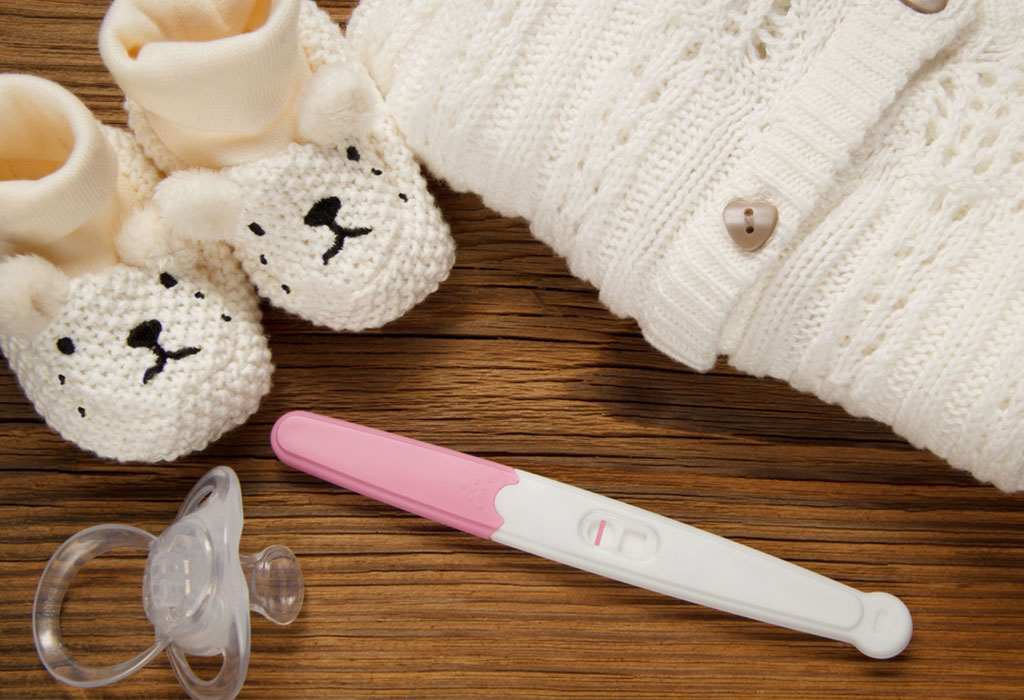
Gynecology deals with women’s health needs at every stage of their lives by helping them prevent chronic medical problems and issues. Gynecology in Lake Mary is focused on offering preventive care and medical screening for women of all ages. Women with basic and complicated needs find the compassionate and skilled care they need from Dr. Christopher Quincey.
What is a gynecologist?
A gynecologist specializes in female reproductive health. They treat and diagnose issues related to the female reproductive sector, such as breasts, ovaries, fallopian tubes, and uterus. A gynecologist gives sexual and reproductive health services, including cancer screening, Pap smear test, pelvic exams, and testing and treating vaginal infections.
Gynecologists treat reproductive disorders like endometriosis, ovarian cysts, pelvic pain, and infertility. They can also care for people with cervical, ovarian, and other reproductive cancers. Some gynecologists practice obstetricians as well, who provide care during pregnancy and birth.
Why You Should See a Gynecologist
Painful periods. Some symptoms such as breast soreness, headaches, and cramps are common during menstruation. For some women, periods are unusually severe. This can be a sign of uterine fibroids or endometriosis. It would be best to tell your gynecologist about this because there are many solutions to manage this condition.
Vaginal odor. Talking about vaginal odor can be uncomfortable, but it’s important to tell if there is a fishy or foul smell or a change of scent lasting for a few days. Having vaginal odor is normal, but any smells can be a sign of vaginal infection or bacterial overgrowth.
Urinary or fecal leakage. Experiencing fecal or urinary incontinence may be very stressful and reduce your quality of life. Many women would experience symptoms after childbirth, especially if they had vaginal delivery needing forceps or a vacuum. When you enter menopause, these symptoms become worse. You can explain all the signs to your gynecologist, and he will determine the best treatment option for you.
Sexual discomfort. Many women experience vaginal dryness when having sex. It is caused by a woman’s age or mitigating factors. If a woman is postmenopausal and experiences this condition, it can be due to low estrogen. For a young woman experiencing vaginal dryness and has been on birth control, she might not have enough estrogen in the body, and she might have to change her birth control.
Low libido. This is a common condition in women, just that they don’t realize it. Libido can be affected by medications you take or can result from an existing infection or a side effect. Some women have low libido because of things like stress or work. In this case, your gynecologist recommends you use natural ways of increasing your urge for sex. The more frequently you attempt having sex, the desire to have sex increases. This makes you feel intimate towards your partner.
A gynecologist is concerned about a woman’s wellbeing. If you experience any problems or complications during intercourse or periods, contact your gynecologist immediately. Sometimes you might need advanced treatment involving surgery or medication. At Christopher K Quinsey, MD, there are skilled gynecologists who give compassionate care to their patients.



